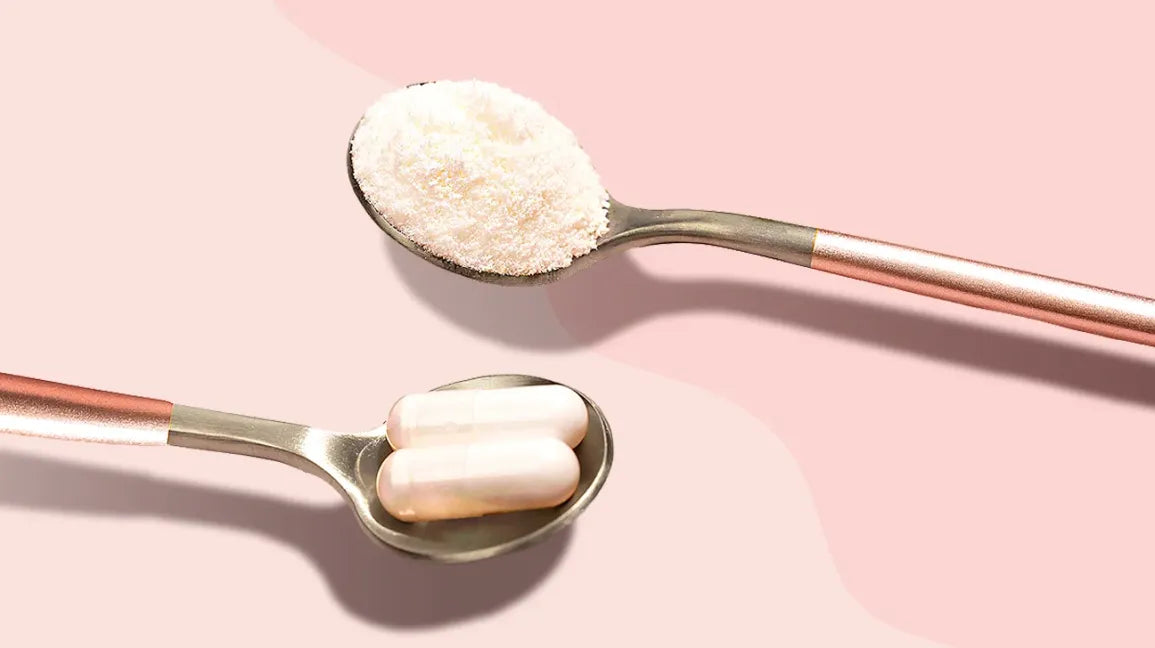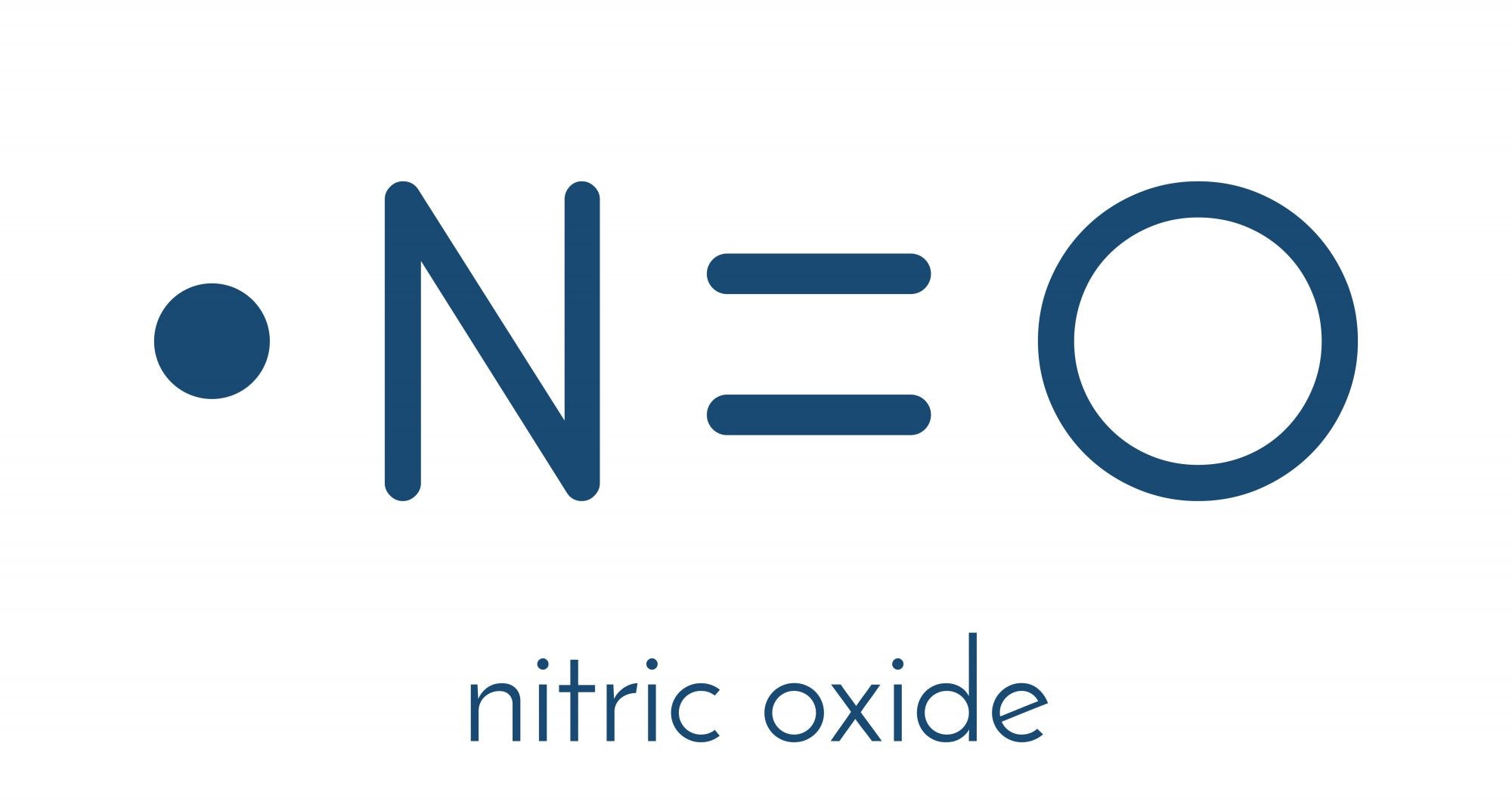
Collagen: The Ultimate Secret for Healthy Skin, Joints, and Hair
Collagen is the most abundant protein in the human body, making up about 30% of your total protein. It is found in your skin, muscles, bones, tendons, and ligaments. Collagen acts as a structural framework, keeping your skin firm, your joints lubricated, and your bones strong. As we age, our natural collagen production declines, leading to visible signs of aging like wrinkles, joint discomfort, and sagging skin. That’s where collagen supplements come in to save the day!
The Key Benefits of Collagen
1. Supports Healthy Skin
Collagen plays a crucial role in keeping your skin firm, elastic, and youthful. By boosting collagen production, you can reduce the appearance of wrinkles, fine lines, and sagging skin. Collagen also helps with skin hydration, giving your skin a plump and glowing look.
2. Improves Joint Health
Collagen helps to maintain the integrity of cartilage, which is the tissue that protects your joints. Supplementing with collagen can reduce symptoms of joint pain and inflammation, helping with conditions like osteoarthritis and overall joint discomfort.
3. Boosts Hair and Nail Health
Collagen contributes to the strength and structure of hair and nails. By supplementing with collagen, you may notice stronger nails, faster-growing hair, and less hair breakage.
4. Promotes Bone Health
As collagen is a major component of your bones, supplementing with collagen can help improve bone density and strength, which tends to decrease with age. This can lower the risk of bone-related issues like osteoporosis.
5. Supports Muscle Mass
Collagen is a key part of muscle tissue. Supplementing with collagen can help in maintaining muscle mass, especially as you age. It also helps in recovery after workouts by reducing muscle soreness and promoting muscle repair.
Types of Collagen
There are several types of collagen, each with its unique benefits:
-
Type I: The most common type, found in skin, tendons, bones, and organs. It's the primary collagen responsible for skin elasticity and strength.
-
Type II: Found in elastic cartilage, Type II is crucial for joint health, helping maintain cartilage integrity and reducing inflammation.
-
Type III: This type is found in skin, muscles, and blood vessels. It works in tandem with Type I to support skin structure and function.
-
Type IV: Found in the layers of your skin, Type IV helps with skin structure.
-
Type V: This type is found in your cornea, hair, and placenta. It supports the formation of collagen fibers.
How Collagen Works in Your Body
Collagen plays a structural role, acting like scaffolding throughout your body. It’s responsible for providing strength, elasticity, and hydration to your skin, as well as supporting your joints, bones, and muscles. As you age, your body’s ability to produce collagen slows down, leading to visible signs of aging like wrinkles and joint discomfort. Supplementing with collagen can provide the building blocks your body needs to replenish lost collagen and keep things functioning smoothly.
How to Boost Collagen Production Naturally
1. Consume Collagen-Rich Foods
Certain foods naturally promote collagen production:
-
Bone broth: Made from simmering animal bones, bone broth is a great source of collagen.
-
Chicken: Rich in collagen, especially in the skin and cartilage.
-
Egg whites: Contain proline, an amino acid important for collagen production.
-
Citrus fruits: Vitamin C is essential for collagen synthesis.
-
Garlic: High in sulfur, which is needed for collagen production.
-
Berries: Packed with antioxidants that help protect collagen from damage.
2. Collagen Supplements
Collagen supplements are available in various forms like powders, capsules, and liquids. They contain hydrolyzed collagen peptides, which are broken down into smaller particles that are easier for your body to absorb.
3. Avoid Collagen Destroyers
To support collagen levels, avoid things that damage collagen, such as:
-
Excessive sun exposure: UV rays break down collagen and accelerate aging.
-
Smoking: Cigarette smoke produces free radicals that damage collagen.
-
High sugar intake: Sugar binds to collagen, making it less effective and promoting wrinkles.
Recommended Dosage for Collagen Supplements
To see visible results from collagen supplementation, most experts recommend a daily dose of:
-
2.5–15 grams per day, depending on your goals.
Higher doses (up to 15 grams) are typically used for joint health and skin improvements. For general health maintenance, 2.5–5 grams per day is sufficient.
Best Form of Collagen Supplement
While collagen is available in various forms, here’s why some forms are better than others:
-
Collagen peptides (Hydrolyzed collagen): These are the most common form and are broken down into smaller pieces for easy absorption.
-
Collagen powder: Mixes easily into drinks, smoothies, or shakes, and provides flexibility in dosage.
-
Collagen capsules/tablets: Great for those who prefer an easy, mess-free way to supplement their collagen intake.
Hydrolyzed collagen powder is typically the most effective and convenient form for daily use.
Potential Side Effects of Collagen Supplements
Collagen supplements are generally considered safe, but some people may experience mild side effects:
-
Digestive discomfort: Bloating or a feeling of fullness may occur.
-
Allergic reactions: Rare, but some people may be allergic to collagen derived from specific animal sources (e.g., fish or bovine collagen).
If any adverse reactions occur, consider lowering the dosage or switching to a different form of collagen.
When to Expect Results from Collagen
Most people begin to see noticeable benefits of collagen supplementation within 4–6 weeks of consistent use. However, some benefits—like joint support and muscle health—may take longer to manifest.
Combining Collagen with Other Supplements
Collagen works well alongside other health supplements:
-
Vitamin C: Essential for collagen synthesis, often taken alongside collagen.
-
Hyaluronic acid: Helps keep skin hydrated, improving the effects of collagen on skin elasticity.
-
Biotin: Supports hair and nail health alongside collagen.
Final Thoughts
Collagen is the secret ingredient for maintaining youthful skin, healthy joints, and strong hair and nails. Whether you're looking to improve skin elasticity, support joint health, or promote overall wellness, collagen supplementation is a powerful addition to your daily routine.
Written by: Sher
Health Strategist | Supplement Simplifier
#TakeAktion #CollagenUAE #SkinSupport #JointHealth #AktionSupplements #SmartChoices








